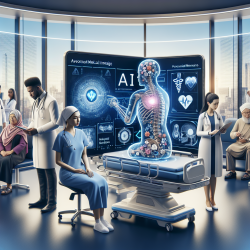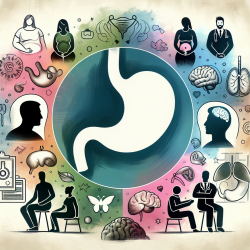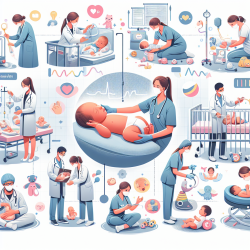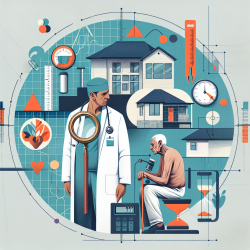The integration of Artificial Intelligence (AI) into healthcare is not just a technological advancement; it represents a paradigm shift in how medical care is delivered and managed. From clinical decision-making to hospital operations, AI is revolutionizing the healthcare sector by offering unprecedented levels of accuracy, efficiency, and personalization.
AI in Clinical Decision-Making
One of the most significant impacts of AI in healthcare is its role in clinical decision-making. AI algorithms analyze vast amounts of medical data to identify patterns and correlations that might elude human analysis. This capability enhances diagnostic precision and predictive accuracy, particularly in managing complex diseases where early detection can be life-saving.
For instance, in oncology, AI can sift through radiographic images and genetic information to detect cancer at early stages. Similarly, in cardiology, AI models predict heart attacks by analyzing ECG patterns. By continually learning from new data, these algorithms improve their diagnostic capabilities over time.
Optimizing Hospital Operations
AI is also transforming hospital operations by optimizing logistics and resource management. Predictive analytics help manage inventory by forecasting the need for medical supplies and equipment. Additionally, AI streamlines administrative tasks such as patient data management and billing processes.
In scheduling appointments, AI-driven systems analyze booking patterns to optimize patient flow and reduce wait times. This not only enhances operational efficiency but also improves patient satisfaction by minimizing delays.
Personalized Medicine and Patient Care
The advent of AI has significantly boosted personalized medicine. By analyzing genomic data, AI identifies genetic markers susceptible to targeted therapies, increasing treatment efficacy while minimizing adverse reactions. In drug development, AI predicts how patients will respond to drugs based on historical data.
AI-powered wearable devices are another innovation enhancing patient care. These devices continuously monitor vital signs and provide real-time health insights, empowering patients to manage their health proactively.
Ethical Considerations and Challenges
While AI offers transformative potential, it also presents ethical challenges such as data privacy, algorithmic bias, and transparency. Ensuring that patient data are securely stored and that AI systems are developed on diverse datasets is crucial for fair treatment outcomes.
Moreover, transparency in AI decision-making processes is essential for building trust among healthcare providers and patients. Mechanisms must be in place to review AI-driven decisions to ensure accountability.
The Future of AI in Healthcare
The future of AI in healthcare promises even greater advancements. From personalized medicine to global health monitoring systems, AI has the potential to revolutionize healthcare delivery further. However, realizing this potential requires collaboration among technology developers, healthcare providers, policymakers, and patients.
To read the original research paper on this topic, please follow this link: The Role of AI in Hospitals and Clinics: Transforming Healthcare in the 21st Century.










